
TOP THREE HYDRATING MOISTURIZERS YOU’LL LOVE THIS YEAR
Moisturizers are an essential part of any skincare regimen. Whether you have oily, normal, combination, or dry skin, adding hydration to your skin keeps it soft and supple. The type of moisturizer you’ll choose will depend on your skin type, so it’s important to know what that is.
We have three amazing hydrating moisturizers that you’ll love in 2021, so we’ll go over those as well as some additional tips for making sure that your skin is looking and feeling its best all year long.
WHY SKIN HYDRATION IS IMPORTANT
If your skin is dehydrated, you’ll know it. It will often look dull and might feel tight, itchy, or dry. It also will wrinkle more easily and might look flaky. Skin that isn’t properly hydrated is also less elastic, so it’s prone to damage that can lead to enhanced signs of aging earlier than you might otherwise show them. Remember that your body needs water, and your skin, which is the largest organ in your body, is no exception. Water evaporates from your skin as you go about your day and if you aren’t adding hydration to it regularly, then your skin will be thirsty. Using a good hydrating moisturizer can help you keep your skin looking and feeling its best.
1. EPIONCE RENEWING CALMING CREAM
If you have dry, sensitive, or eczema-prone skin, we recommend Epionce Renewing Calming Cream. Itching, dryness, and redness can all become things of the past when you use this cream regularly. It contains ceramides and cholesterol, both of which create a barrier between your sensitive skin and the elements you come into contact with every day, like wind, debris, indoor heating, and so on.
Those with dry skin will benefit from this cream. One of the active ingredients is colloidal oatmeal, which can reduce itching and calm down dry or irritated skin. You might remember taking oatmeal baths as a child to soothe poison ivy or chickenpox; this is effective in the same way, only much less messy.
2. SENTE DERMAL REPAIR CREAM
Another hydrating moisturizer for sensitive skin is Sente Dermal Repair Cream. The benefit of this cream is that it has anti-aging properties that will work great for those who want to minimize wrinkles. It will also improve your skin tone, making it look more youthful. It absorbs quickly, which is great for those with a time crunch in the morning, and it helps your skin repair itself throughout the day. We recommend this for those with sensitive skin.
3. IS CLINICAL REPARATIVE MOISTURE EMULSION
If you have oily, normal, or combination skin, iS Clinical Reparative Moisture Emulsion might be the right moisturizer for you. It is highly hydrating and contains antioxidants that can help protect your skin from the elements. It’s also perfect for using as a base for makeup; it will smooth out your skin so it’s ready to accept foundation, concealer, and various other cosmetics without flaking or streaking. It’s good for sensitive skin, too. Those with skin that isn’t dry who want to minimize fine lines and wrinkles might consider this as their first choice for a hydrating moisturizer.
HOW TO KNOW YOUR SKIN TYPE
Knowing if you have oily, dry, sensitive, or normal skin (or a combination of all of the above) can help you decide which of these hydrating moisturizers is right for you.
To decide if you have oily, dry, or normal skin, you can use blotting papers to help you figure it out. Simply take a piece of the blotting paper and rub it all over your face, starting with your chin and heading up to your cheeks, nose, and forehead. Look at the paper. If it’s quite saturated with oil, you likely have oily skin. If there is some oil on the paper, but not an excessive amount, then you probably have normal skin. If it’s very dry, then your skin is also likely dry.
If the oil was concentrated on your nose and forehead but you had very little on your cheeks, then you might have combination skin. Use a product made for combination skin or, if you prefer, you can use one for dry skin on your cheeks and jawline and one for oily skin on your nose, forehead, and chin.
You’ll know if you have sensitive skin by the way it feels after you apply various products. If you tend to feel some stinging or burning or if your skin reddens easily, it is likely sensitive. If there are dry, itchy patches, this could be a sign of eczema. Your clinician or dermatologist will be able to diagnose you with this common skin condition.
MORE TIPS ON KEEPING SKIN HYDRATED
While moisturizer is a key part of keeping your skin well-hydrated, you can also take some other steps.
The first is to be sure you’re drinking enough water. The average person needs about eight glasses of water per day. (Herbal tea and other non-caffeinated drinks are okay to substitute for some of them). Drinking plenty of fluids can keep your skin hydrated from the inside out.
Next, use hydrating facial masks once or twice per week to really boost your hydration levels. These often contain anti-inflammatory ingredients like chamomile or aloe, as well as antioxidants like vitamin C and vitamin E. These can be applied (and removed) before you use moisturizer, or you can use overnight masks to soak into your skin while you sleep. Then just wash off in the morning.
Finally, take care to protect your skin from drying elements. Cover your face with a scarf when you’re outdoors during very windy weather, for example. You can run a humidifier indoors when you have the heat on or a fire in the fireplace.
HYDRATING MOISTURIZERS AT YOUR SERVICE
Keeping your skin hydrated will make it look and feel better, minimize dryness and flaking, and can even reduce the fine lines and wrinkles that begin developing in most people around their mid-30s. Try one of our recommended moisturizers and talk to your clinician about other ways to protect and hydrate your skin.
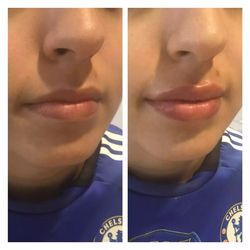 None
None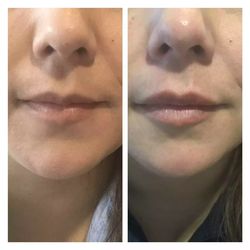 None
None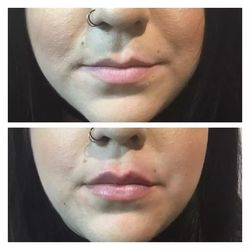 None
None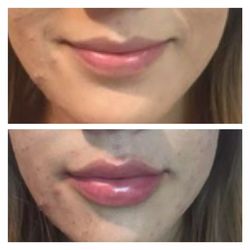 None
None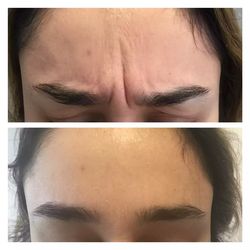 None
None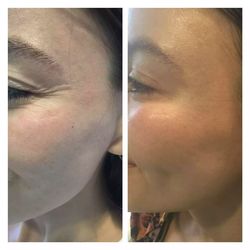 None
None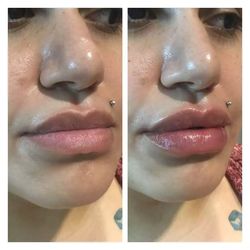 None
None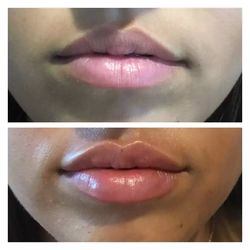 None
None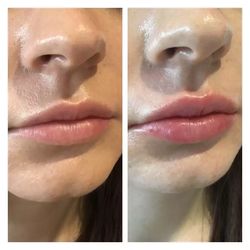 None
None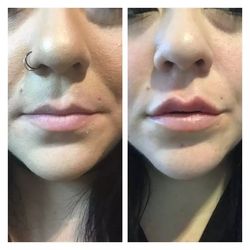 None
None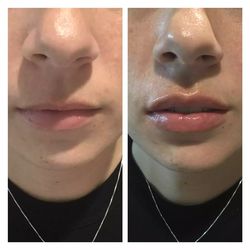 None
None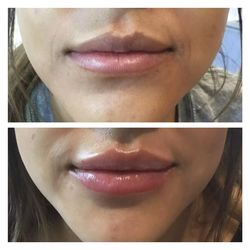 None
None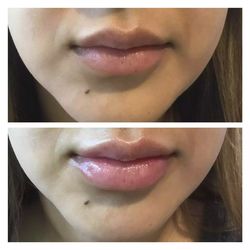 None
None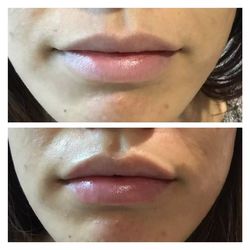 None
None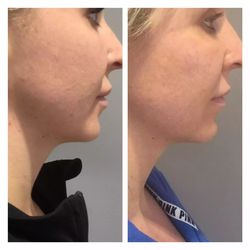 None
None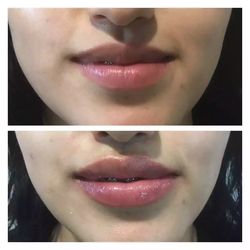 None
None
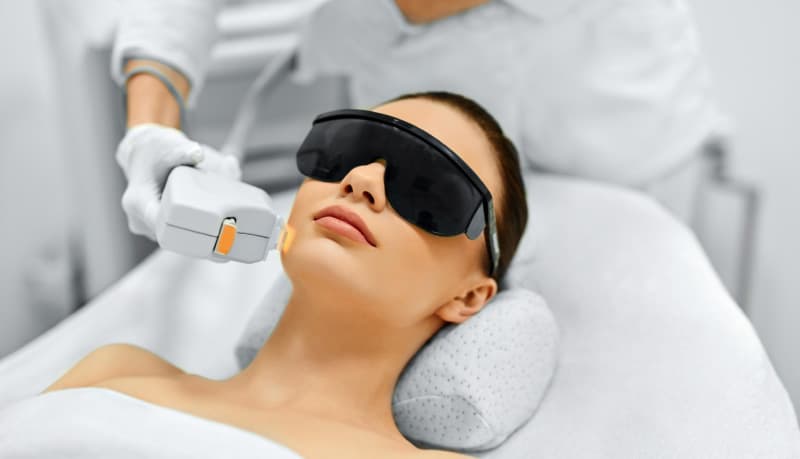









0 comments